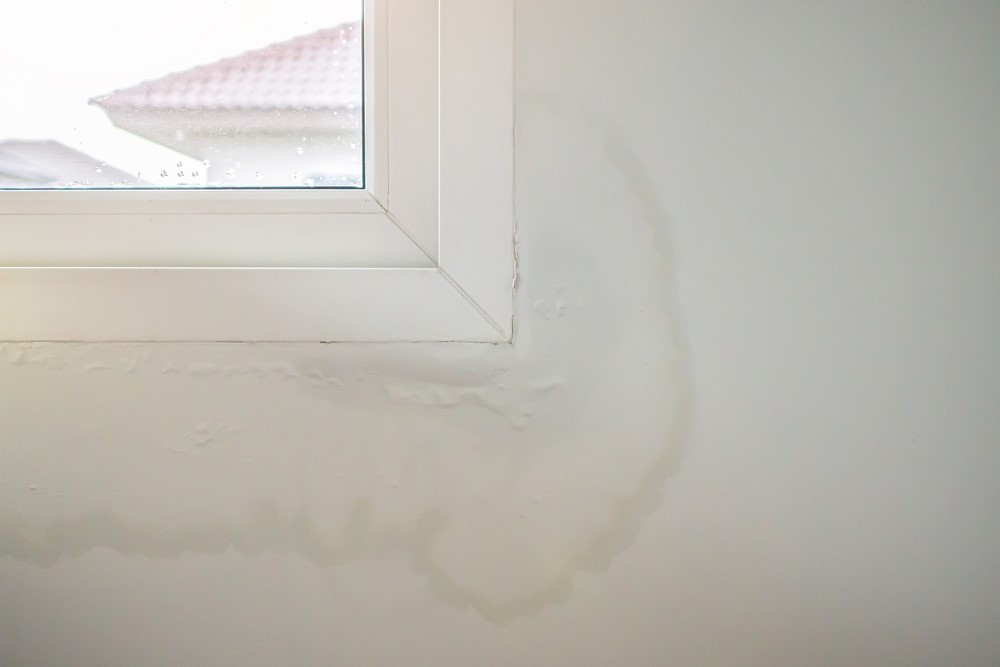
Here’s how water quality can affect window cleaning.
What Is Water Quality?
Industrial machinery or sewer systems, and the natural environment can pollute water. You can determine the quality of water by its chemical, biological and physical composition. Bacteria, salt, pesticides and viruses are the usual pollutants found in water.
Color, odor, taste, potential hydrogen (pH) and alkalinity can indicate water quality. Water is also tested to see if it contains bacteria, metals and organic matter. Government agencies usually limit the amount of contamination in drinking water, but specific amounts are still permitted in tap water.
Water Quality and Window Cleaning
Regular cleaning can help maintain the lovely appearance of your windows and also extend their lifespan. Moreover, when cleaning windows, you’d want to use soft water instead of hard water.
Hard water contains a lot of dissolved minerals, which isn’t ideal for cleaning windows. Minerals like magnesium and claim can reduce the foaming and cleaning effects of cleaners or soap. Total dissolved solids (TDS) are organic and inorganic materials that are found in water. High TDS levels can cause streaks and spots on your windows. The water quality level shouldn’t be above 20 parts per million (ppm) to get streak-free windows.
Softening the water can increase its effectiveness of cleaning windows. This process involves reducing the mineral content of water. Unlike hard water, soft water only needs a little soap for efficient cleaning. Spots, streaks and mineral deposits are also less likely to occur.
However, if cleaning isn’t enough to restore their looks, you may want to consider getting new replacement windows.
Turn to Illinois Energy Windows & Siding, Inc. for high-quality door and window installation services. Call us at (866) 629-9880, or fill out our online form to get a free estimate. We serve homeowners in Evanston, High Park and Park Ridge.
Tags
Subscribe to Illinois Energy Windows & Siding's Blog









Comments